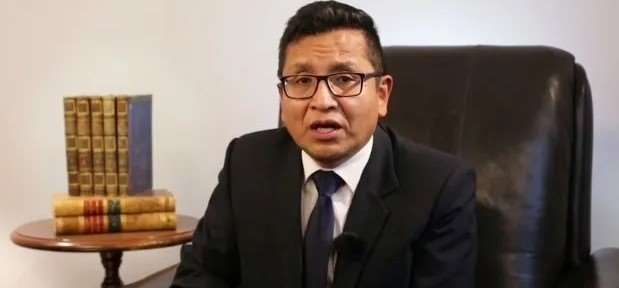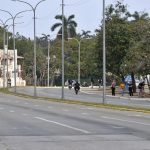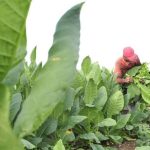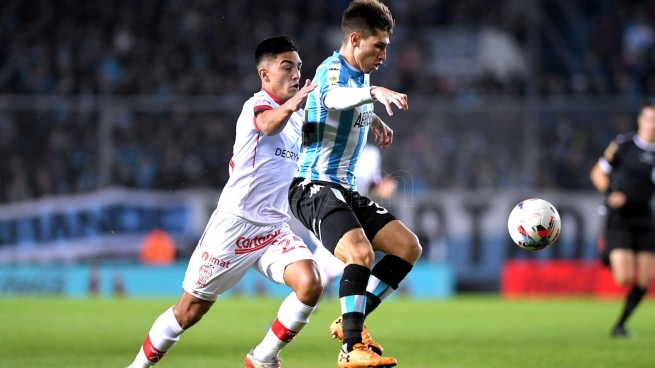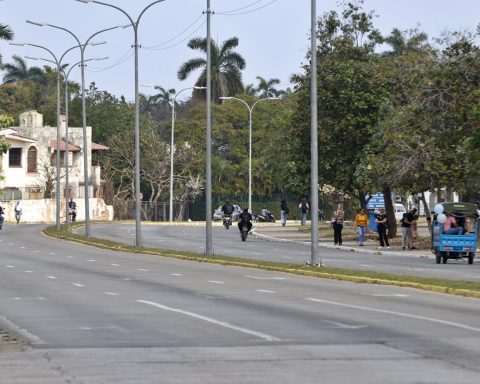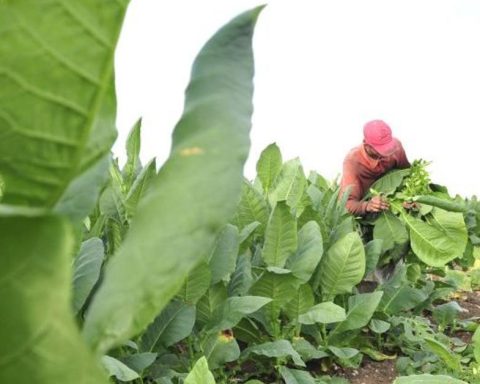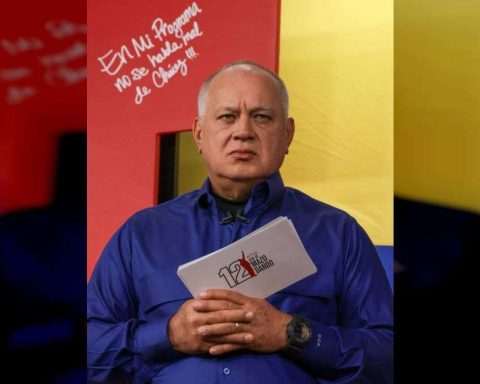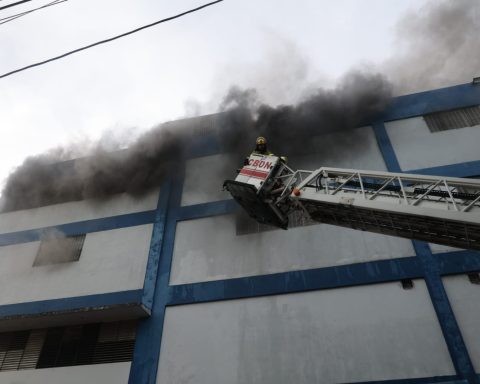The MAS leadership in Parliament admitted that getting opposition assembly members that they support the appointment of a new Ombudsman will take time and that they are advancing “little by little” in obtaining support for the 109 votes they need.
“Lhe concertation processes in the past when the MNR, MIR, and ADN were present and had a presence in the Legislative Assembly, have always been linked to a month or two months of consensus building processand they called consensus the moments in which the administration of judicial bodies or other representations involving the decision of the Assembly, formerly called Congress, were quoted, “said the president of the Constitution commission of the Chamber of Deputies, Juan José Jáuregui , who participated in the selection process of the Ombudsman candidates.
On May 5, the Vice President of the State, David Choquehuanca, convened the first session of the Assembly for the final choice of a Defender from among seven candidates who made it to that stage. The MAS candidate did not achieve two thirds in four votes, the maximum number of votes he obtained was 99, which was not enough.
Then the president of the Chamber of Deputies, Freddy Mamani reported that they would not convene a new Assembly session until they did not have two thirds and announced that they were looking for “patriotic assembly members” from the opposition to support their candidate.
Now Jáuregui said that they continue looking for and compared that work to what was happening at the beginning of the century, when the so-called “agreed democracy”, made up of the traditional parties, arranged spaces in exchange for votes in parliament.
“These consensus building processes they have always taken their time and we are in that workbut a construction of consensus not by virtue of blackmail or cuoteos but in compliance with the Constitution”, said Jáuregui.
While the opponents reminded the MAS that this lack of will to elect a new Defender raises serious questions for the country because there is an express recommendation from the Inter-American Commission on Human Rights (IACHR) on this charge.
“Which means that before the international gaze Bolivia remains an authoritarian statewhich is not capable of electing an Ombudsman to defend the rights of the vulnerable, that means that this division and internal struggle within the MAS is reaching these extremes,” said deputy Alejandro Reyes.
The MAS leadership in Parliament admitted that getting opposition assembly members that they support the appointment of a new Ombudsman will take time and that they are advancing “little by little” in obtaining support for the 109 votes they need.
“Lhe concertation processes in the past when the MNR, MIR, and ADN were present and had a presence in the Legislative Assembly, have always been linked to a month or two months of consensus building processand they called consensus the moments in which the administration of judicial bodies or other representations involving the decision of the Assembly, formerly called Congress, were quoted, “said the president of the Constitution commission of the Chamber of Deputies, Juan José Jáuregui , who participated in the selection process of the Ombudsman candidates.
On May 5, the Vice President of the State, David Choquehuanca, convened the first session of the Assembly for the final choice of a Defender from among seven candidates who made it to that stage. The MAS candidate did not achieve two thirds in four votes, the maximum number of votes he obtained was 99, which was not enough.
Then the president of the Chamber of Deputies, Freddy Mamani reported that they would not convene a new Assembly session until they did not have two thirds and announced that they were looking for “patriotic assembly members” from the opposition to support their candidate.
Now Jáuregui said that they continue looking for and compared that work to what was happening at the beginning of the century, when the so-called “agreed democracy”, made up of the traditional parties, arranged spaces in exchange for votes in parliament.
“These consensus building processes they have always taken their time and we are in that workbut a construction of consensus not by virtue of blackmail or cuoteos but in compliance with the Constitution”, said Jáuregui.
While the opponents reminded the MAS that this lack of will to elect a new Defender raises serious questions for the country because there is an express recommendation from the Inter-American Commission on Human Rights (IACHR) on this charge.
“Which means that before the international gaze Bolivia remains an authoritarian statewhich is not capable of electing an Ombudsman to defend the rights of the vulnerable, that means that this division and internal struggle within the MAS is reaching these extremes,” said deputy Alejandro Reyes.
;
